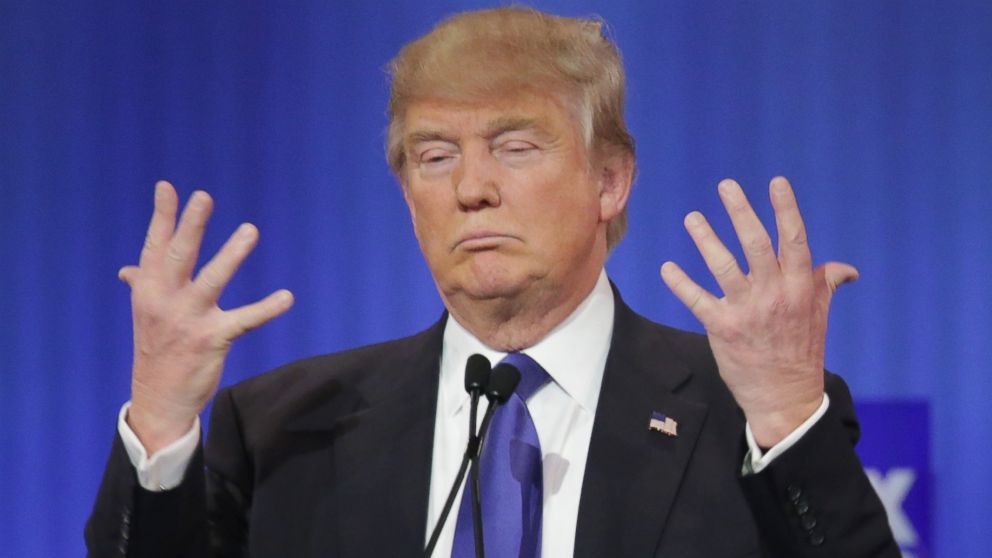There’s a reason former US President Donald Trump enjoys more goodwill in India than he often does in his own country. It’s not just because he once called Prime Minister Narendra Modi “a tough negotiator.” It’s because Trump, unlike many others in the Western elite, recognized early on that Modi is not just another Third World leader seeking validation from Washington. Modi commands respect, not charity—and he gives it back where it’s earned.
Trump’s admiration for Modi, expressed through his warm personal diplomacy, struck a chord with millions of Indians. They saw in Trump a leader who understood strength and reciprocated it. That mutual regard helped reset Indo-US ties on equal footing. So far, so good.
But as Trump returns to the White House, he needs a timely reminder: India is not a pawn on America’s geopolitical chessboard, and certainly not a playground for performative diplomacy. If Trump wants to rebuild credibility—not just in India, but globally—he would do well to stop meddling in matters that don’t concern him. And that includes India’s sovereign dealings with Pakistan, China, or anyone else.
This is especially true when it comes to Jammu and Kashmir—an integral part of India, despite its disputed status in international forums. Prime Minister Modi’s bold move to abrogate Articles 370 and 35A from the Indian Constitution has fully integrated Jammu and Kashmir into the Indian Union, ending decades of legal ambiguity. Now, the Modi government has made its intent clear: reclaiming Pakistan-occupied Kashmir (PoK), which remains a historical blunder thanks to the weak-kneed handling by India’s first Prime Minister, Jawaharlal Nehru.
India’s position is not driven by ambition but by justice and national security. The recent killing of 26 Indian tourists in a terror attack—believed to be orchestrated from across the border—has only strengthened the country’s resolve. Neutralizing terror camps and eliminating their handlers isn’t escalation; it’s self-defense. That, Mr. Trump, is what this ongoing conflict is really about.

America’s position as the world’s leading military and economic power is real. But it doesn’t give it the license to speak out of turn. The Chinese may be loud, but they’re still second-rate in both technology and strategic acumen, as seen in the region’s latest conflicts. Their drones and weapon systems—supplied to Pakistan—have been easily neutralized by India’s indigenously developed missiles like Akash and the BrahMos. The results speak for themselves. India today does not need foreign endorsements to validate its self-reliance.
Modi’s ‘Aatmanirbhar Bharat’ is not a slogan—it’s a strategic doctrine. Indian scientists have quietly outpaced many so-called “advanced” nations in missile technology, defense readiness, and indigenous manufacturing. And when it mattered—like during the Pulwama and Balakot aftermath—India showed it doesn’t need fifth-gen jets to make its point. Even a legacy MiG-21, in the hands of a brave Indian pilot, was enough to send an F-16 packing.
So, to Mr. Trump: this is not 2001. India is no longer a passive observer in the global arena. And while your Vice President J.D. Vance correctly noted that the India-Pakistan issue is none of America’s business, your camp would do well to internalize that. Because nothing—absolutely nothing—alienates India faster than a foreign leader who presumes to lecture or manipulate.
It’s not just Trump who needs to zip it. Closer home, the likes of Rahul Gandhi and his ever-complaining Opposition brigade would do well to take notes. They have spent years trying to paint Modi as a divider abroad, parroting falsehoods in Western capitals in hopes of tarnishing India’s global standing. They forget that India’s foreign policy strength is built not on photo ops, but on strategic clarity and sovereign will—qualities the Congress Party abandoned long ago.
India will engage with the world—but on its terms. It will defend its borders—but with its firepower. And it will choose its allies, not out of desperation, but from strength. This is the new India.
So Mr. Trump, if you truly want to be a friend of India again, respect our red lines. Offer partnership, not paternalism. Show maturity, not muscle-flexing. And if you can’t do that, then take a page from your own Vice President’s playbook.
Keep your hands off. And mind your business.




